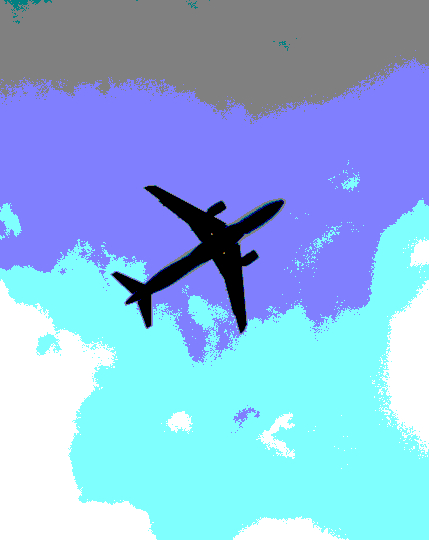Strikes hit flight body
 Safety concerns have prompted a strike at one of Australia’s safety regulators.
Safety concerns have prompted a strike at one of Australia’s safety regulators.
Concerns about understaffing and mounting work backlogs saw employees of the Civil Aviation Safety Authority (CASA) stage a walkout this week.
The industrial action involves three major unions, Professionals Australia (PA), the Australian Federation of Air Pilots (AFAP), and the Australian Licensed Aircraft Engineers Association (ALAEA).
The unions conducted a half-day protected strike on Tuesday to draw attention to the issue.
The simultaneous strike is meant to highlight the severe impact of skill shortages and underfunding in Australia's aviation sector, which has historically maintained high safety standards for flights.
The union members primarily consist of technical specialists responsible for safety surveillance and audit activities to ensure that airlines and other aircraft operators adhere to aviation safety regulations.
This group includes aviation safety regulators, flight training examiners, flying operations inspectors, pilots, engineers, and other specialists.
The primary demand of the union is to add a minimum of 36 additional technical staff and urgently review technical staffing levels.
Professionals Australia's CEO, Jill McCabe, has expressed concerns over chronic understaffing, saying CASA's technical workforce is overburdened, striving to clear a substantial backlog of work.
She says extended working hours have adversely affected inspection quality, safety regulations, workplace culture, and overall health and safety.
According to McCabe, 65 per cent of her union's members reported that extra hours negatively impact their work. She further revealed that 25 per cent of members work an additional 6 to 10 hours per fortnight, with 15 per cent working over 10 extra hours each fortnight.
Pilots share similar concerns, with AFAP's Executive Director, Simon Lutton, citing excessive overtime due to understaffing as a significant issue.
Lutton says that while CASA is responsible for enforcing fatigue management protocols in Australia's aviation sector, it fails to provide a suitable work environment to manage the fatigue of its own pilot employees.
Engineers have also raised alarms about stretched workplace conditions, asserting that these conditions increase the risk of mistakes and errors.
Steve Purvinas, ALAEA's Federal Secretary, pointed out that aircraft engineers often perform highly complex and time-consuming tasks for CASA.







 Print
Print